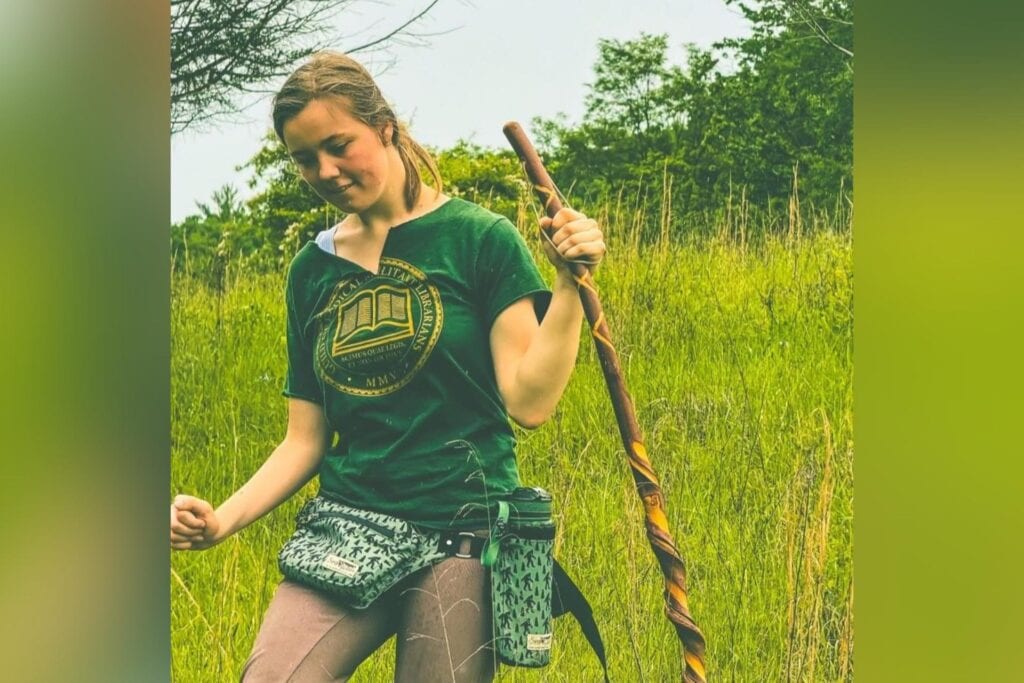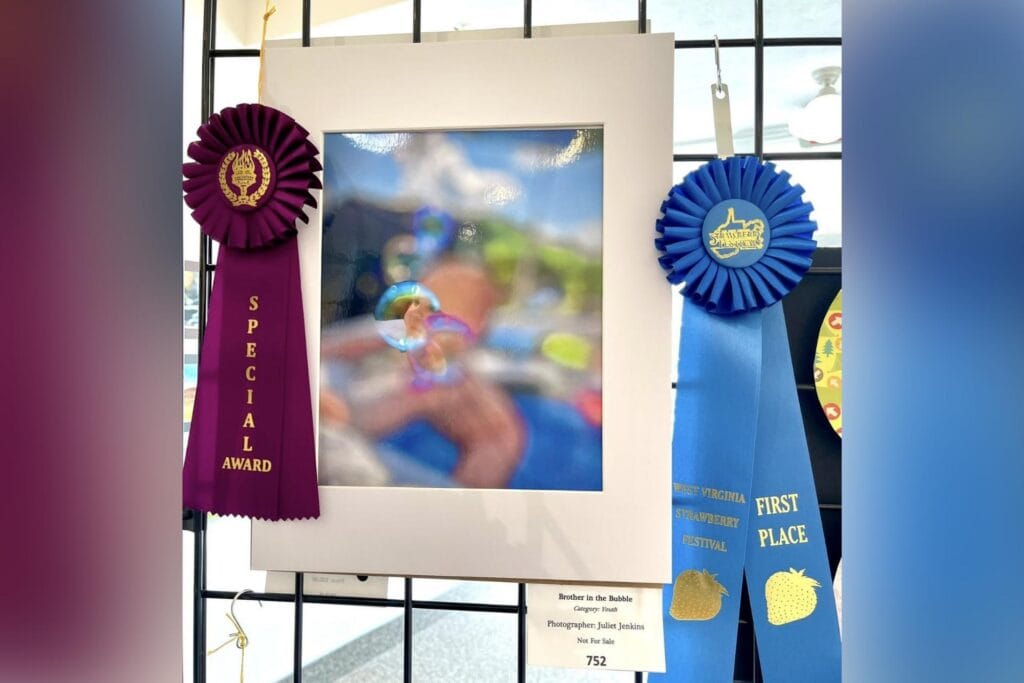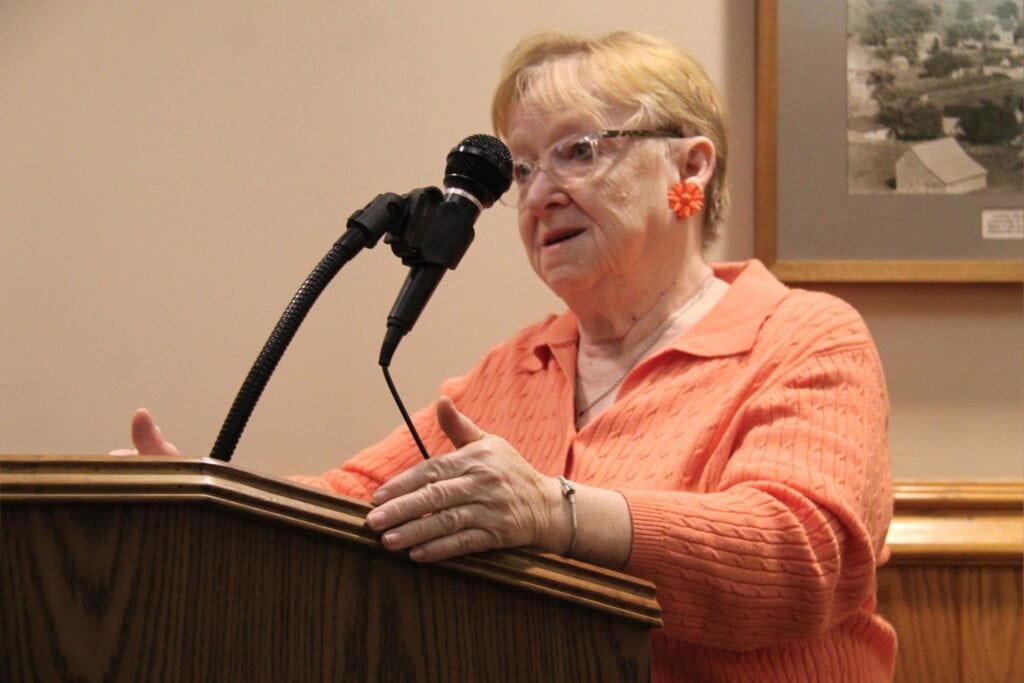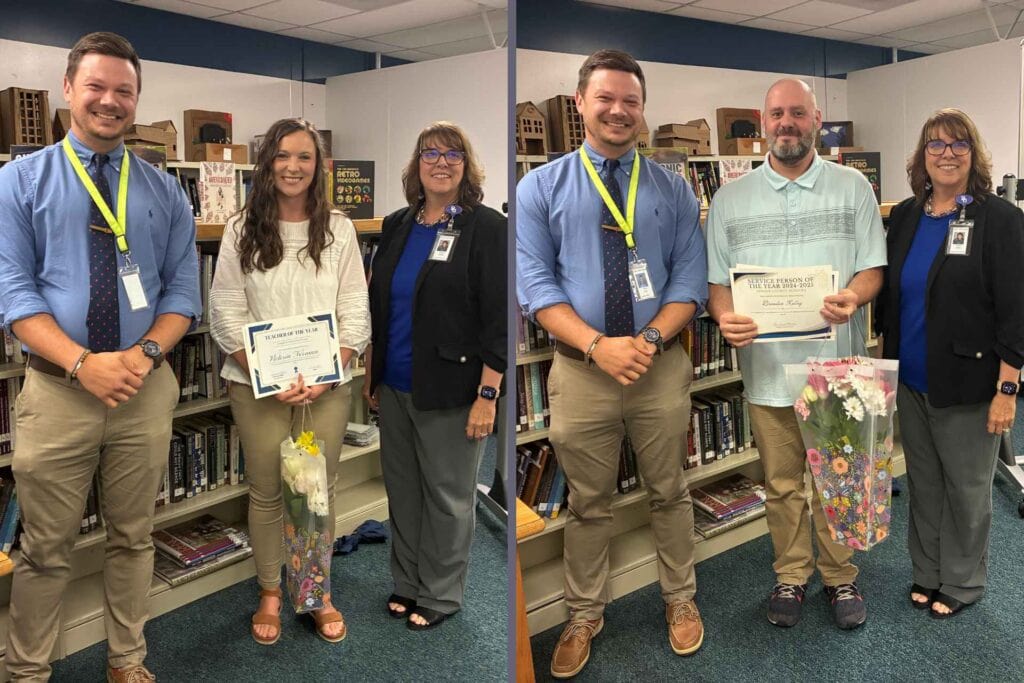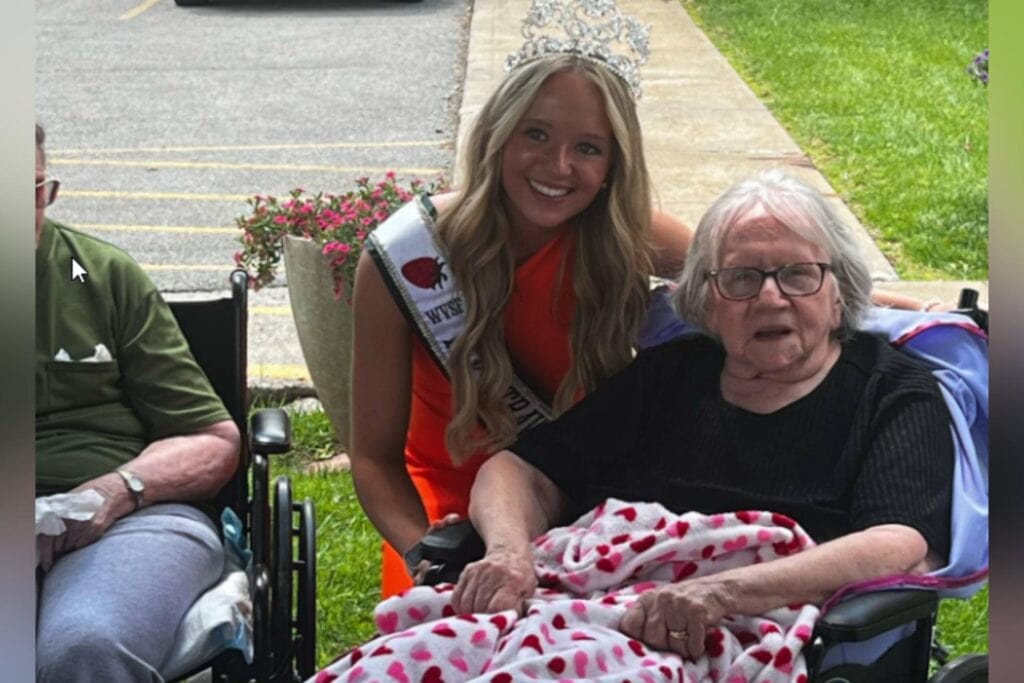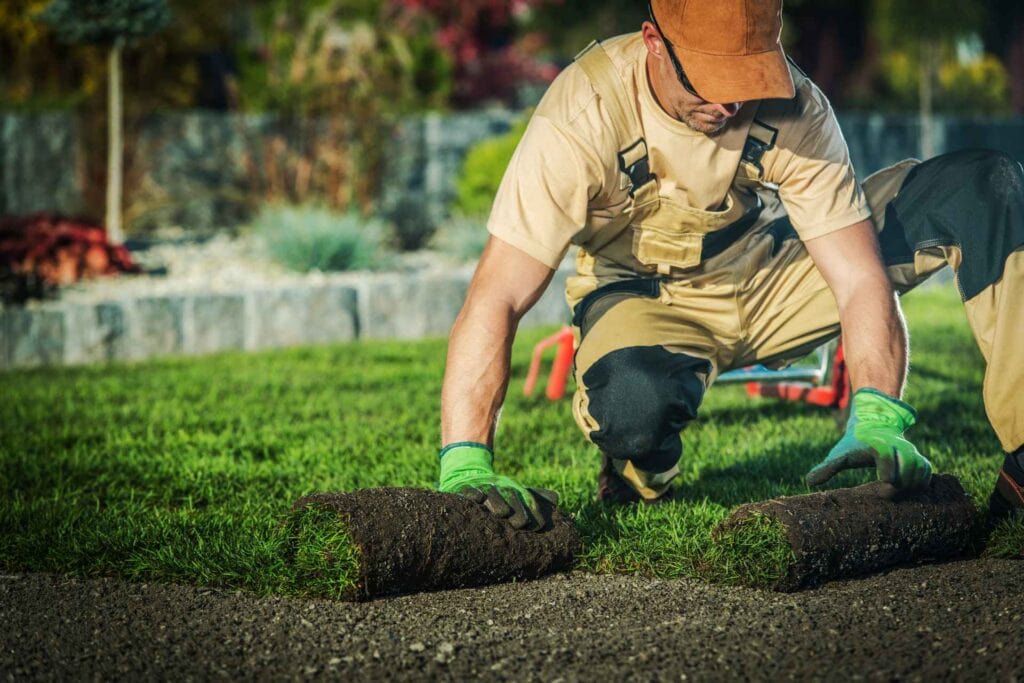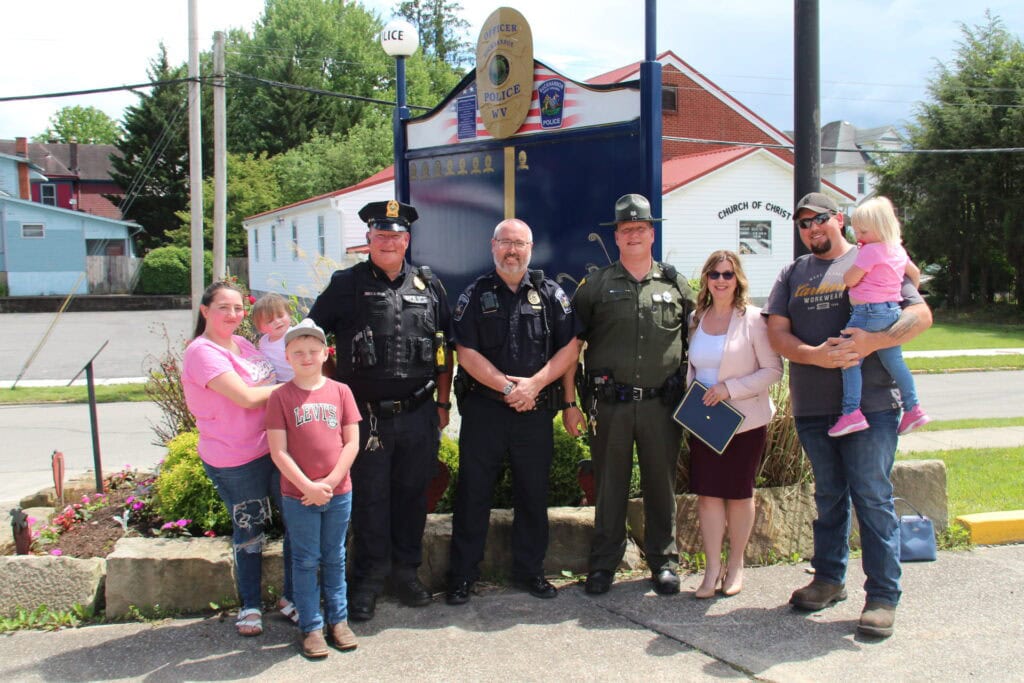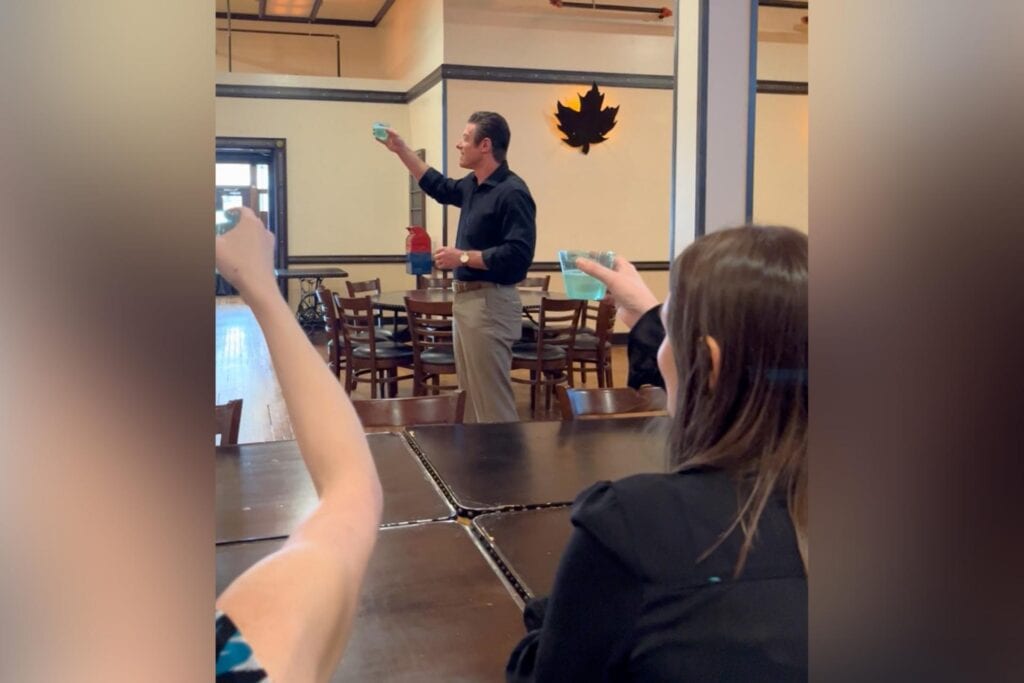Henry David Thoreau famously said that he “went to the woods” because he “wished to live deliberately, to front only the essential facts of life, and see if [he] could not learn what it had to teach.” Willow Ferguson has a similar goal, though her approach might call into question some of Thoreau’s conclusions.
Ferguson, a double major in Environmental Science and English (Writing), with a minor in Geographic Information Systems (GIS), will spend the summer studying nature writing through the Critical Disability lens. She says she has been interested in analyzing the nature writing canon since she took an American Nature Writes course her first year at D&E. There, she said, she was “introduced to all able-bodied authors, who narrate their experiences of exploring the natural world.” That didn’t capture Ferguson’s perspective. “As a disabled individual who also loves spending time in the natural world,” says Ferguson, “I found the canon is lacking different perspectives.” She wants to expand the offerings so that more people can see themselves in, and connect with, nature.
Ferguson’s work this summer will be supported by the Ledford Scholars Program, a competitive research award sponsored by the Appalachian College Association. In her application, Ferguson wrote: “Nature writing holds a unique place in the US literary canon, and in recent decades it has gained popularity in academia with the rise of environmental criticism. A significant number of colleges and universities across the country offer nature writing courses in which they introduce students to classics of that genre, such as Henry David Thoreau, John Muir, Wendell Berry, and many more. While these are key figures of this genre, many of these authors adopt ableist assumptions about who can access the natural environment and how best to experience nature. These assumptions have important implications for how we imagine and discuss nature writing, outdoor recreation, and conservation today.”
One of the main goals of the project is to find other voices to include. Ferguson wants to “develop fresh ideas for ways in which we can reimagine and expand the nature writer’s literary canon for future generations.” She believes that it “will always be important to remember the forefathers of this genre,” but “it is also critical to adapt the canon and expand it to include new ideas and more modern ways of thinking.”
Helping her move forward in her work will be Dr. Sebastian Williams, her faculty mentor for this project. Williams, who has worked with Ferguson in several classes over the last few years, including Rhetorical Theory and Professional & Technical Writing, believes that “her research on disability and environmental writing offers important insights about making nature writing and conservation more accessible.” In addition, Williams believes that Ferguson’s “work in local journalism and environmental education also speaks to her passion for, and commitment to, these topics.”
Ferguson regularly writes a column for a local newspaper and has also published work in the Highlands Voice, the mouthpiece of the West Virginia Highlands Conservancy. Furthermore, she worked as an intern during the “Woods Program” in 2024, a nature writing retreat funded by the Modern Language Association, which connected high schoolers with Appalachian writers, activists, and conservationists.
Coming to D&E from Greenbrier East High School, and raised in Monroe County, Ferguson was drawn to the College because she loved the campus and the atmosphere. “The small class sizes and one-on-one time with professors drew me in,” she says. “And its placement among the rolling hills of West Virginia felt like home to me. I have grown so much here, developed new interests, made lifelong friends, and received excellent mentorship and amazing opportunities.” When she talks with prospective students, she tells them that D&E has “professors who genuinely care for each individual student, and, although it is a small school, possibilities here are endless.” D&E, she says, is “small but mighty.”
After graduation next spring, Ferguson is planning on graduate school. Although she is still a bit unsure about what she wishes to study, she is considering Environmental Journalism, Creative Writing, and Environmental Science.
For now, though, her focus is on the woods, and learning what they have to teach, not just for Thoreau, but for all of us.
